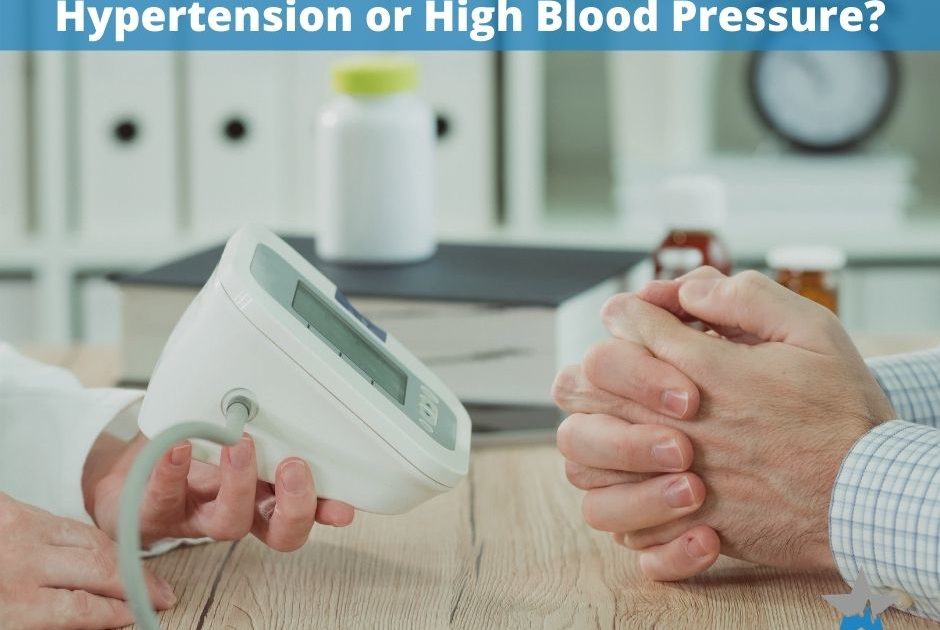The truth of the matter is that hypertension and high blood pressure tend to get used almost interchangeably. What we have here is a number and a defined diagnosis. High blood pressure, which is also hypertension, means that your blood pressure is higher than normal levels.
Throughout the day, our blood pressure changes based on what we do When our BP levels remain consistently above normal, it may result in a diagnosis of high blood pressure or hypertension.
Increased BP means increased risk for other heart conditions.
- Heart disease
- Strokes
- Heart attacks
Your physician at Texas Cardiology Associates can diagnose your condition and make treatment recommendations by reviewing your diastolic and systolic BP levels. We then compare them to levels according to certain guidelines.
What Guidelines Help Diagnose Hypertension
Typically, these guidelines vary depending on your physician’s approach. Here are a few examples of how your doctor might diagnose hypertension.
- Some cardiologists diagnose patients when their blood pressure consistently stays above 140/90 mm Hg or higher. This is based on guidelines released in 2003.
- Other healthcare professionals diagnose based on a consistent rate above 130/80 mm Hg or higher. This measurement is based on a guideline that was released in 2017.
What Are the Signs of High Blood Pressure?
Oftentimes, hypertension does not come with warning signs or specific symptoms. Many people don’t realize they live with it. The only accurate way to know is to measure your blood pressure.
What Can Hypertension Cause?
High blood pressure can cause damage to your health in numerous ways. For example, it can hurt vital organs such as your heart, brain, eyes, or kidneys. Fortunately, most people are able to manage their blood pressure when diagnosed early on. In turn, they lower their risk of serious health problems down the line.
Heart Attack and Heart Disease
Hypertension can damage your arteries by reducing their elasticity. This decreases the flow of blood and oxygen to your heart. In turn, it can lead to the development of heart disease. Additionally, this decrease in blood flow to the heart can lead to:
- Angina – chest pain
- Heart attack
- Heart failure
Stroke and Brain Damage
High BP levels can also cause the arteries supplying oxygen and blood to your brain to burst or become blocked. When this happens, it causes a stroke. During a stroke, brain cells die because they cannot get enough oxygen. Oftentimes, strokes cause serious disabilities that impact speech, movement, and other basic activities. In certain situations, a stroke can kill you.
Elevated blood pressure at any stage but especially in midlife has been linked to reduced cognitive function and the development of dementia later on in life.
How Can I Prevent Hypertension?
Typically, people are able to manage hypertension and lower their BP levels into a healthy range by making certain lifestyle changes. When you come to see our team, we can help you make a decision on how to adjust your lifestyle for a healthier heart. Here are a few examples.
- 30 minutes of physical activity, 5 days a week
- No smoking
- A healthier diet with limited sodium and alcohol
- Maintaining a healthy weight
- Managing your stress levels
Your Heart, Your Health
In addition to these positive lifestyle changes, your physician might recommend medication to help you manage your blood pressure. When you work with the team at Texas Cardiology Associates, we personalize your health plan to you and your specific situation. What works for some people, might not be the best option for you.
Let us help you find the path to better heart health. When you take action to lower your blood pressure, you protect yourself against strokes, heart disease, and an array of other conditions. Schedule your appointment today.

